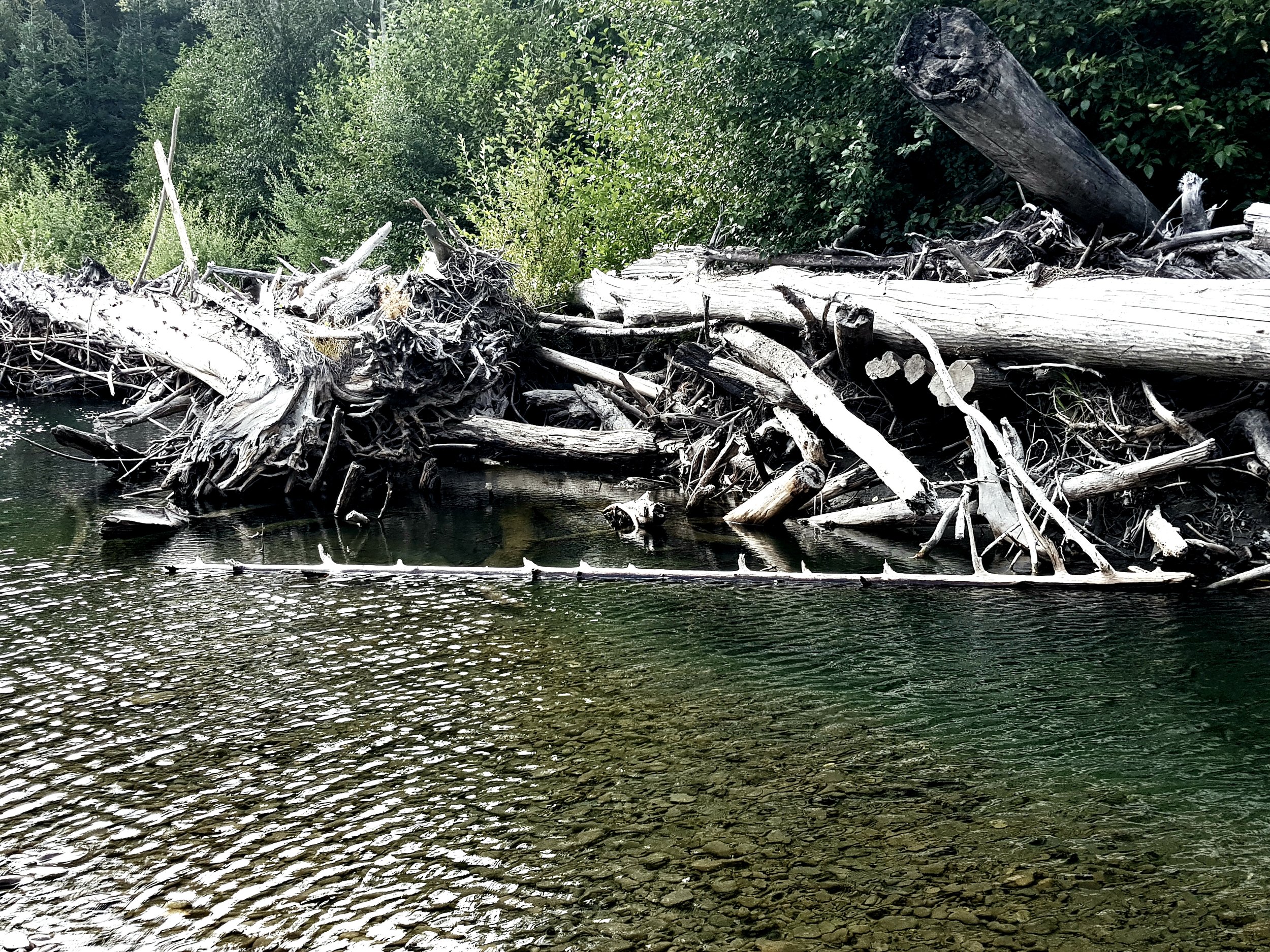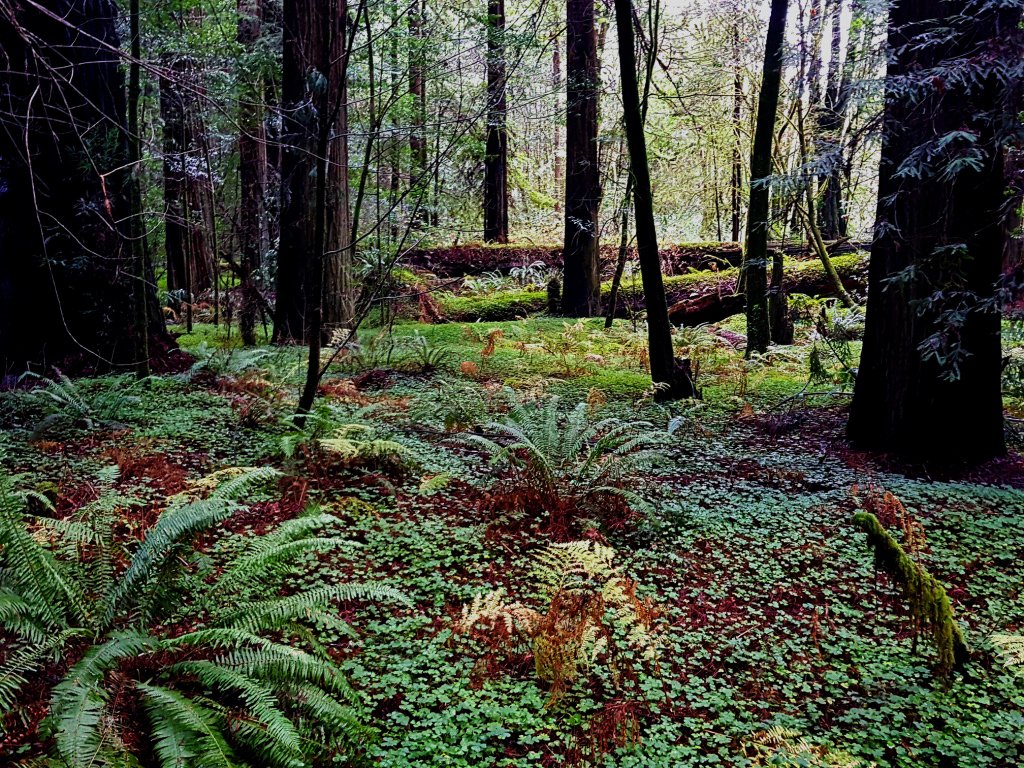FALLING APART
A MEDITATION ON TRANSFORMATION AND HEALING
~~~~~
02.27. 2023
For many of us, staying loose is an uncomfortable, unsettling feeling if sustained for too long. Ambiguity is confusing, even alarming…Fuzzy circumstances, the ragtag and bobtail of daily uncertainty, exhaust us.

What kinds of transformation and healing do we truly long for in a world that perpetuates “death by bread alone” for so many, a world in which being “healthy” means settling for survival?
Many have written that the novel Coronavirus might be a message from a parallel universe, and several suggestions were made as to what that message might be. I would like to add my two cents. Could it be that we are being urged to join movements of dis-integration, to fall apart royally and go beyond the false securities at the foundations of our modern lives, beyond false narratives and limiting notions of health and healing — the kinds of notions that support a trillion-dollar mainstream “wellness” industry (for developed countries), notions of health and healing that entrench us further in neoliberal-capitalistic dynamics. We have been pursuing health and healing within confines that have reduced the value of our lives to functionality and productivity, to a way of life that Dorothee Soelle called “death by bread alone.” She wrote, it is a kind of death that “lays hold on us in the very midst of life. It is the boredom and emptiness of going through the motions of living while being totally drained of humanity and reduced to the level of an old work horse.” It seems like many of us have adapted to this state of affairs, mistaking mere survival for fully living.
What kinds of transformation and healing do we truly long for in a world that perpetuates “death by bread alone” for so many, a world in which being “healthy” means settling for survival? What would it mean to fall into falling apart along with everything else? What openings might we fall through?
Falling apart is going astray,
becoming consciously involved with life processes
like the simultaneous letting go
of what was not meant to be held onto
and the coming together of all else
life rejoices.
When the bondage of our alienated
and fragmented selves
fall out
of normalizing conditions.
The young girl I once was,
whom my mother used to call a witch
not a compliment
(yet, mothers often know best)
of whom she seemed mildly afraid
vigorously insisting on excavation.
That young witch
a host within a host
making the unwanted wanted
life longing for itself
a dynamic weirdness
a refusal to settle for survival.
I wish I could tell you that falling
into falling apart came easily
that it was something wanted.
It came crashing
in the form of a phone call
your son is dead.
I died.
cracked opened
to the throbbing of life
at once.
Of course, there are many ways to fall apart. Imagine being involuntarily tossed out of a flying helicopter with no parachute. Bodily disintegration and imminent death might be a few seconds away. What then? Falling down kicking and screaming, becoming overwhelmed with fear and giving oneself a heart attack in the air before hitting the ground? Or falling down by choice in a choiceless situation? I asked for strength and grace in giving myself to falling completely. Falling apart is turning into compost.
As a former organic farmer and land steward, making compost was a physically demanding weekly routine. On one of the farms, our main ingredients for building compost piles were the wastes we produced: leftover food, compostable brown paper towels, greens (from pruning, weeding, etc.), a little bit of ash, and horse manure — in that order. In another location, we had an abundance of dry leaves, so we added those, and because it was a remote mountain location where manure was not available we added some existing compost. Next we added a little bit of water, and then closed the pile with a compost tarp. The following week, before adding to the pile, we would check its temperature and open it up to bring in more air. Making compost requires careful attention. Otherwise, it is easy to brew pathogens. Every week, old piles had to be turned, the temperature checked, and moisture added to aid the decomposition process. Depending on the weather, it could take four weeks or more for the process to complete itself. In a finished process, almost everything (except for avocado pits, eggshells, and other stubborn organic matter) would break down into a new raw-material. The location matters as well. In the mountains, the finished compost became sandlike, which was puzzling. How does organic matter become a sand like material? That is part of the mystery of the whole process.
Falling apart together is a leap toward transformation. Like composting, it is a breaking down into newness, and the ingredients are the messiness of one’s personal circumstances. It may be that nothing recognizable remains of the old self – like lettuce turning into soil again. Lynice Packard refers to transformation and healing as “revolutionary suicide”. To Lynice, “If we are truly to embody revolutionary suicide, we must recognize and embrace the fact that there is more than one way to ‘lose our lives.’” Such embodiment releases us “to live in such a way that we die to the destructive lives we have been living; we die to our lives as we know them.” Like compost then. Turning the “dirty rags” and “old work horse” into a rich manure, into a life-giving death.

In the mountains, the finished compost became sandlike, which was puzzling. How does organic matter become a sand like material? That is part of the mystery of the whole process.
Composting,
an alchemical dance of creation
lives as one knows it breaking down
a summons to wake up, a voice saying
“This kind of sleep is not good for you”
you are lifted up by a pitchfork
the air is filled with a warmth
aroma of decomposition
her insistence on reemerging
the boundless
full flowing life from out of the hot pile.
Or is she jumping into the depths of the unknown
and becoming unfit for this world?
Becoming compost
is not a destination
it is the cultivation of
a state of total involvement
a never-ending and expansive process
of unraveling, shapeshifting, revisioning
a blessing and a challenge.
You might be thinking, what a morbid fascination with death. You might be right, but it is not the final death you might have in mind. (Though, one must wholeheartedly embrace one’s mortal nature). Think of revolutionary suicide, as a caterpillar composting itself into a butterfly or a moth. What a radical, stunning manifestation of life-giving death, of transformation. Nothing recognizable remains of the caterpillar. The caterpillar could also go through yet another radical transformation within minutes of becoming a butterfly — eaten by a bird. That, too, is falling apart, falling together, becoming the food of another.
Metamorphosis. Transformation. Becoming unbound. Unraveling. A caterpillar becoming a butterfly or a moth. Expressions of the profound power of the inward journey. How does the caterpillar know when to “shapeshift?” How does it become so attuned?
James Baldwin wrote, “It is perfectly possible — indeed, it is far from uncommon — to go to bed one night, or wake up one morning, or simply walk through a door one has known all one’s life, and discover, between inhaling and exhaling, that the self one has sewn together with such effort is all dirty rags, is unusable, is gone: and out of what raw material will one build a self again?”
Transformation. Grief. Healing. Death. Grace. Joy. Composting. Renewal. Revolutionary suicide. Clarity. Cracking open. Saying yes to life is a tall order.
What choice did I have other than to commit my own version of a revolutionary suicide? So, I fell out of the so-called “real” world to take refuge in monastic life, to slow down, to be still, to turn inward. To crack open to my son’s breath.
What I’m attempting to share is not nihilism or a withdrawal from the world nor is it a navel-gazing/narcissistic, self-indulgent descent into grief and bottomless sorrow. The sad irony is that it was the sudden loss of my son that jolted me back to life. To move forward with a broken heart, to gather the necessary “raw materials”, required help. I asked for strength and grace, and they came in many forms.
So the dance of unbecoming began. When the young witch sprung up she had no interest in “manners” or decorum. She went straight into rearranging the furniture, as though to save her hair from fire. She was in for a surprise – the entire body, suddenly a site of (de)construction and excavation. Here I am, caught in-between holding onto trying to rearrange furniture and willingly free-falling, dropped from a helicopter, parts of myself kicking and screaming in opposition. Those avocado pits and eggshells in the compost pile are not keen on turning into dirt, yet. Are they expressing their disinterest all together? Are they saying, What makes you think we wish for transformation? An echo of Toni Cade Bambara’s decades old question reaches me, “Are you sure, sweetheart, that you want to be well?”
What a question. The young witch has been busy coaxing the recalcitrant avocado pits and eggshells still holding onto their forms. Gradually, in between the resistant movements and stubborn expressions of their entangled bodies, a co-creative transformation begins, and a learning to trust in something beyond the physical.
Becoming undone, turning into compost is not a destination. On the farm, each time we prepped a bed for a new planting, among other things we added a wheelbarrow of compost, offering more nutrients to the soil. Rain and hand-watering release nutrients into the soil.
~~~
Photos and text by Mariam Armisen



